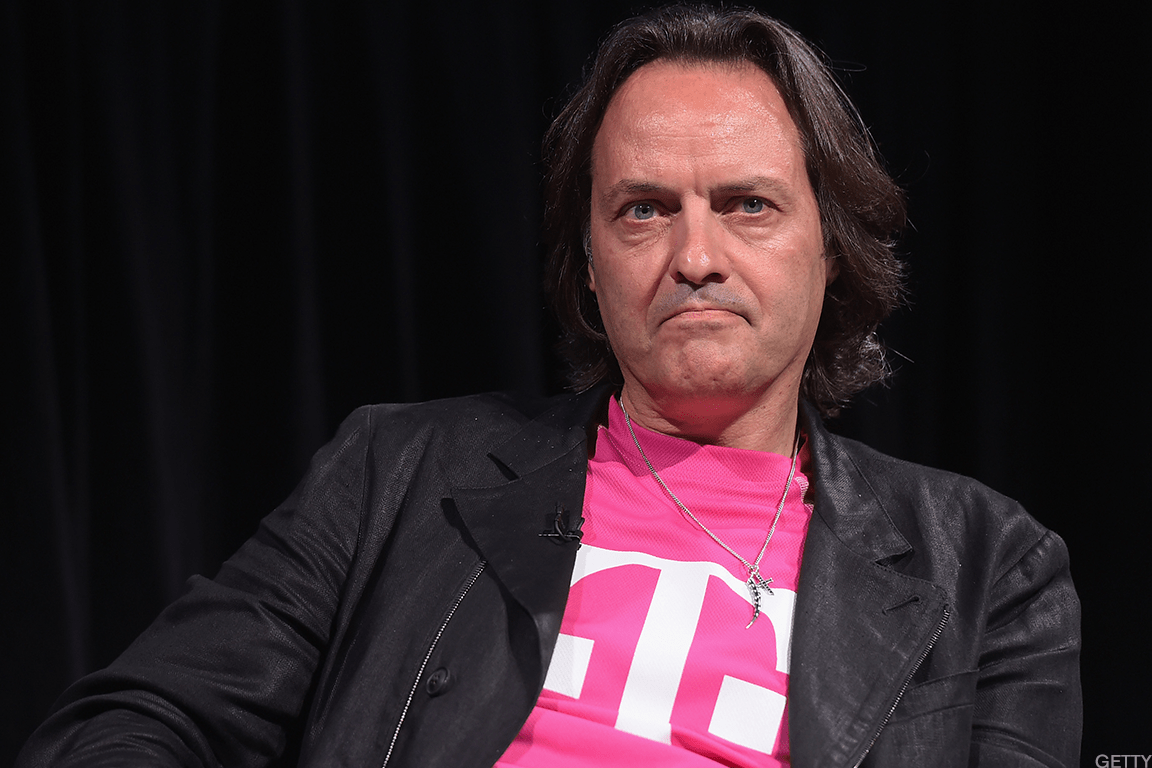
Elon Musk is non conventional.
He alone manages five companies, each of which plays an important role in their respective sector.
The stature of the billionaire also adds pressure, as his detractors would be thrilled if one of his companies were to fail.
Of these five companies, three occupy important spots in popular imagery. Tesla (TSLA) transformed the automotive industry by leading the electric vehicle revolution. Five years after being mocked in its infancy, the automotive group has become the undisputed leader in green vehicles, the demand for which is rising sharply around the world.
SpaceX, Musk's aerospace company, has forced space players to rethink their approach to rockets. The reusable rockets promoted by Musk are taking hold, while living on Mars is no longer just a distant dream.
The company is also cementing the prospect of a secure internet with the global rollout of Starlink, the satellite internet service.
As with Tesla, SpaceX needs Musk to carry out its mission and realize its ambitions.
But for a few weeks now, the Tech tycoon has also been the owner of Twitter (TWTR), which he bought for $44 billion on October 27.
'I Should Run Twitter'
The Twitter income is not only based on the products and services it offers, but mostly on the advertisers who promote their brands on the platform.
The company is the digital town square of our time, which has earned it close scrutiny from politicians and regulators. Musk, who is used to offering revolutionary products, is thus confronted with new challenges that differ from his reality at Tesla and SpaceX.
His early days at Twitter have been marred by controversies over content policy on the platform and by technical issues that caused a surge in fake accounts claiming to be politicians, big business and celebrities. As a result, Musk had to suspend the Twitter Blue subscription service.
It is in this context that John Legere, the former CEO of T-Mobile, offered himself to lead Twitter in Musk's place.
"Hi @elonmusk,maybe I should run @twitter," Legere told the billionaire on Twitter on November 13. "🤔You can stop managing daily business, and 'content moderation' and then support product/technology, let someone else 'run' @Twitter."
"I’m expensive but so is what you paid for twitter (p.s. please be leadership example of how to tweet🥇)," Legere added.
Musk's response was quick and clear. It came down to one word: "No."
Colorful CEO
It is difficult to know if Legere was being serious, but he responded to Musk's rejection by offering some advice.
"@elonmusk Well that was a short interview 🤔, fair enough, Can’t say I didn’t try . #NoMeansNo 🤷♂️," Legere replied.
He continued: "@elonmusk @Twitter But please consider👂 the free advice included in my suggestion. I believe @twitter can be the marketplace for transparent free speech AND a profitable growth company. That will require vision but also leadership and management. ✅"
It is not certain that Musk will listen to Legere's advice. The billionaire no longer responded to him, at least in public.
Legere, built an image of a rebel telecommunications leader, who pulled T-Mobile from the brink of irrelevance and transformed it into a successful carrier. He became the CEO of T-Mobile in 2012 and left the company in 2019, after the merger with rival Sprint.
Legere often stood out with a colorful vocabulary and his long hair. He dropped the traditional suit and tie corporate attire for a sporty look, made of jeans, sweatpants, fuchsia T-Mobile T-shirts, magenta sneakers and running shoes.
He eliminated contracts and offered a simpler, lower monthly rate, which would be known as The Uncarrier. This changed the way the industry works to the benefit of consumers, and allowed T-Mobile to claim its place next to the behemoths AT&T and Verizon.







